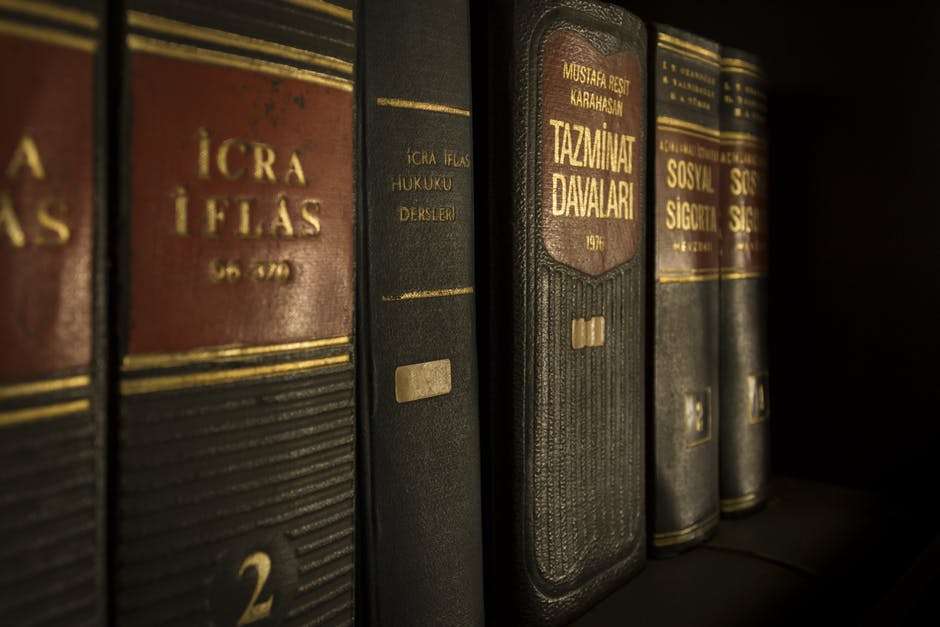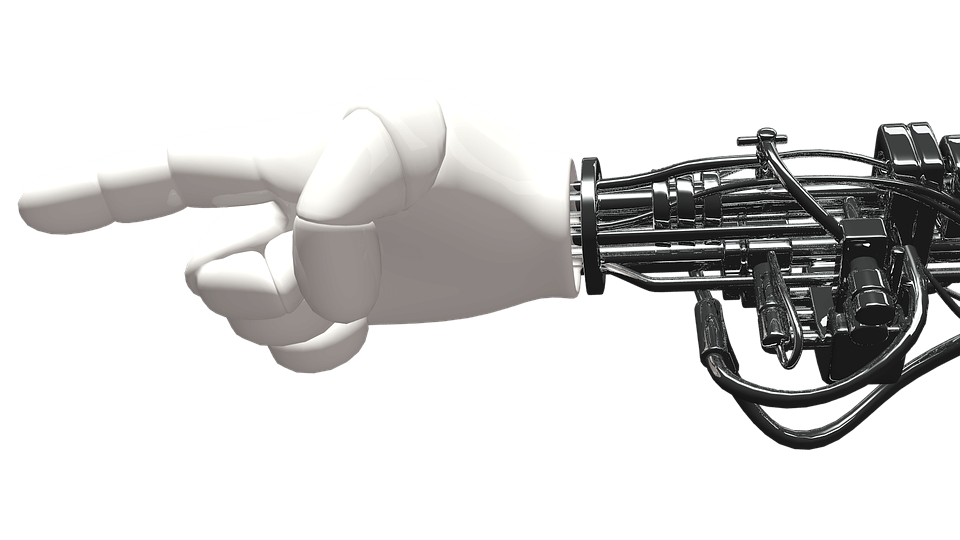So you have an idea and want to get it patented?
But before there are number of things that you need you absolutely need to know about the inventions and patient process that can help you focus your effort. Great dividends are paid by understanding the obstacle lay in front of you, in short on the road from invention to patent process the better informed you are the better inventor you will become and the more meaningful help you will be able to provide your team.
Our goal is to educate you, make you a knowledgeable consumer and to save you from those unscrupulous invention promotion companies who would tell you that you can patent an idea. You cannot patent an idea, but there are ways to move from idea to patent in an appropriate manner. These and other important topics are explained throughout our website. We literally have hundreds of articles on everything from basic patent law, to the invention process, to preparing a patent application, and to licensing your invention and making money, which really is the goal.
You cannot patent an idea, after all!
Many people have great ideas but what separates those who can turn can turn their idea into money from those who cannot use a strategy to define the idea enough so that it can become a asset that can ultimately be protected.
If what you have is not an invention, but a story idea for example, you should be thinking about protection afforded under the copyright laws. Here the best thing you can do is simply start writing, drafting or otherwise creating your work. A copyright exists immediately upon the original creation and fixation thereof, which is the legal way to say it exists upon creation (i.e. writing it down). You do not need to do anything special to claim a copyright, and you can immediately place the c in a circle and call the work copyrighted. Nevertheless, in order to sue for infringement you will need to have a federally registered copyright. The filing fee is only $45, so applying for a copyright should be done as a matter of course whenever possible.
With respect to inventions, you should be thinking about getting a patent of some kind. The options are getting a utility patent, getting a design patent or both. If your invention has a unique visual appearance you should be thinking about a design patent, but if you can get both a utility patent and a design patent that is the way to proceed.
Unfortunately, many people will have great ideas, but will not be able to put that idea into a package appropriate for a patent because there is no invention, only a concept. To be sure, the idea is the all critical first step in the invention process. After you come up with the idea or concept you now need to put together a game plan on how to carry that idea through. The idea and game plan together form what the law calls conception.
Moving from idea to patent
In order to protect your idea it must be mature enough to get an invention first. This means you need to be able to explain to others how to make and use the invention so that they could replicate the invention after simply reading your description of invention in the patent application. A patent application need not necessarily provide the blue print level details, but rather it must teach those who have skills in the area you are innovating what they need to know to be able to carry out invention. If you do not have the ability to illustrate your invention yourself can obtain patent drawings from a patent illustrator for quite cheap usually.
You might also want to work with a company that provides 3D renderings, or an engineering firm that can assist you as you attempt to breathe life into your idea to get it across that idea/invention boundary and squarely into being an invention.
In fact, having quality patent drawings is the single best and most economical way to broaden and expand any patent application. Having 3D renderings is also the best and most economical way to have something that is eye catching to show to those who are interested in your project, whether it be those who might fund the project or those who might be interested in licensing or acquiring your rights.
Unfortunately if you are stuck with idea stage of invention process you are not ready to file a patent application and you also do not want to run out and start telling people or submitting your ideas to the companies.
Confidentiality Agreement
If you do tell a company your idea and then later they develop the same idea this leads to people believing sometimes rightly. Many companies however, have extensive research a development going all the time, so it is just likely as that you patent is overlapped with something they were already working upon. Without patent protection there is no way to protect an idea absent from confidentiality agreement, and without such an agreement your ideas are legally free to be taken and used without your permission. For that reason before you proceed to start telling people about your invention you really should consider having atleast a provision patent application on file, or working with a reputable companies that are looking for ideas and inventions to license or acquire.









